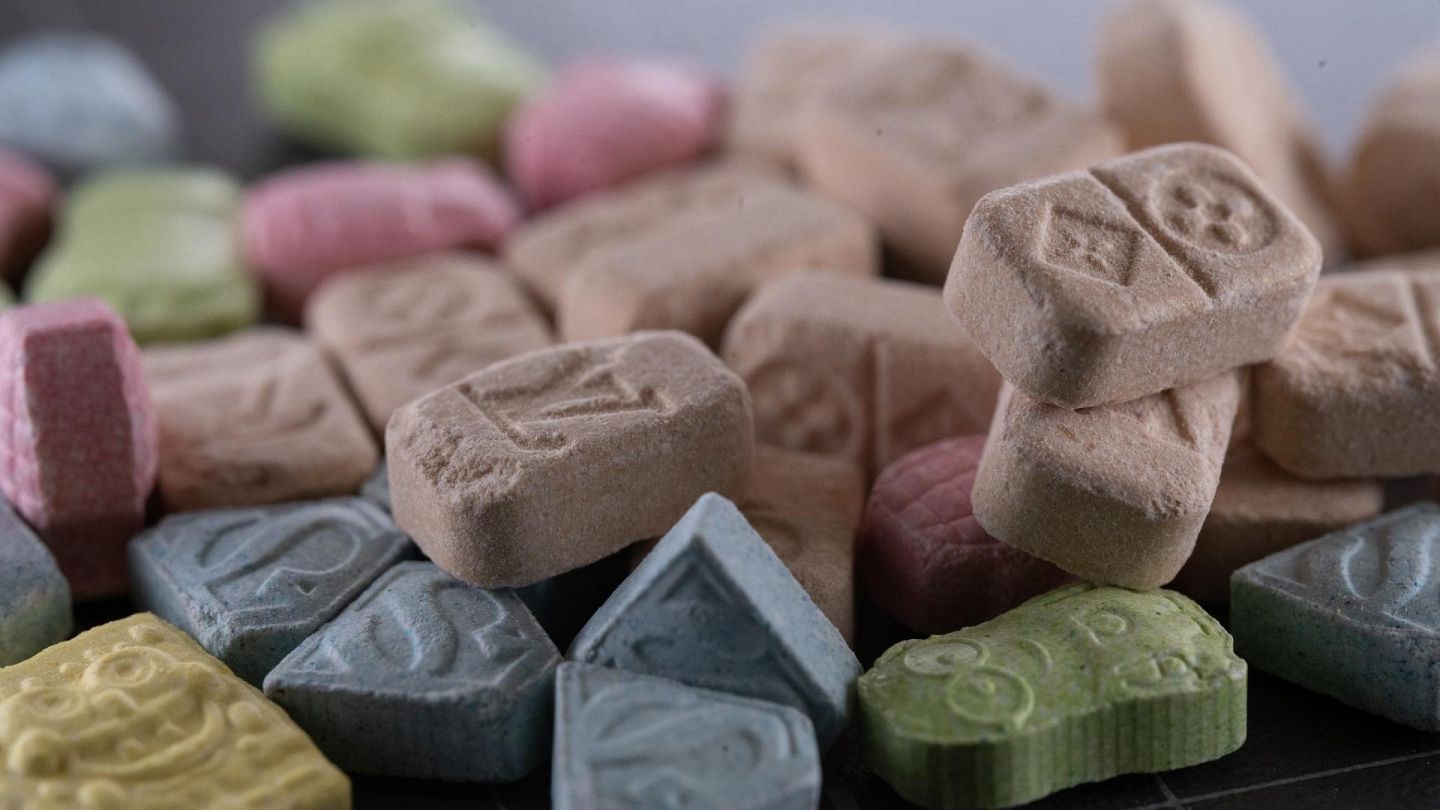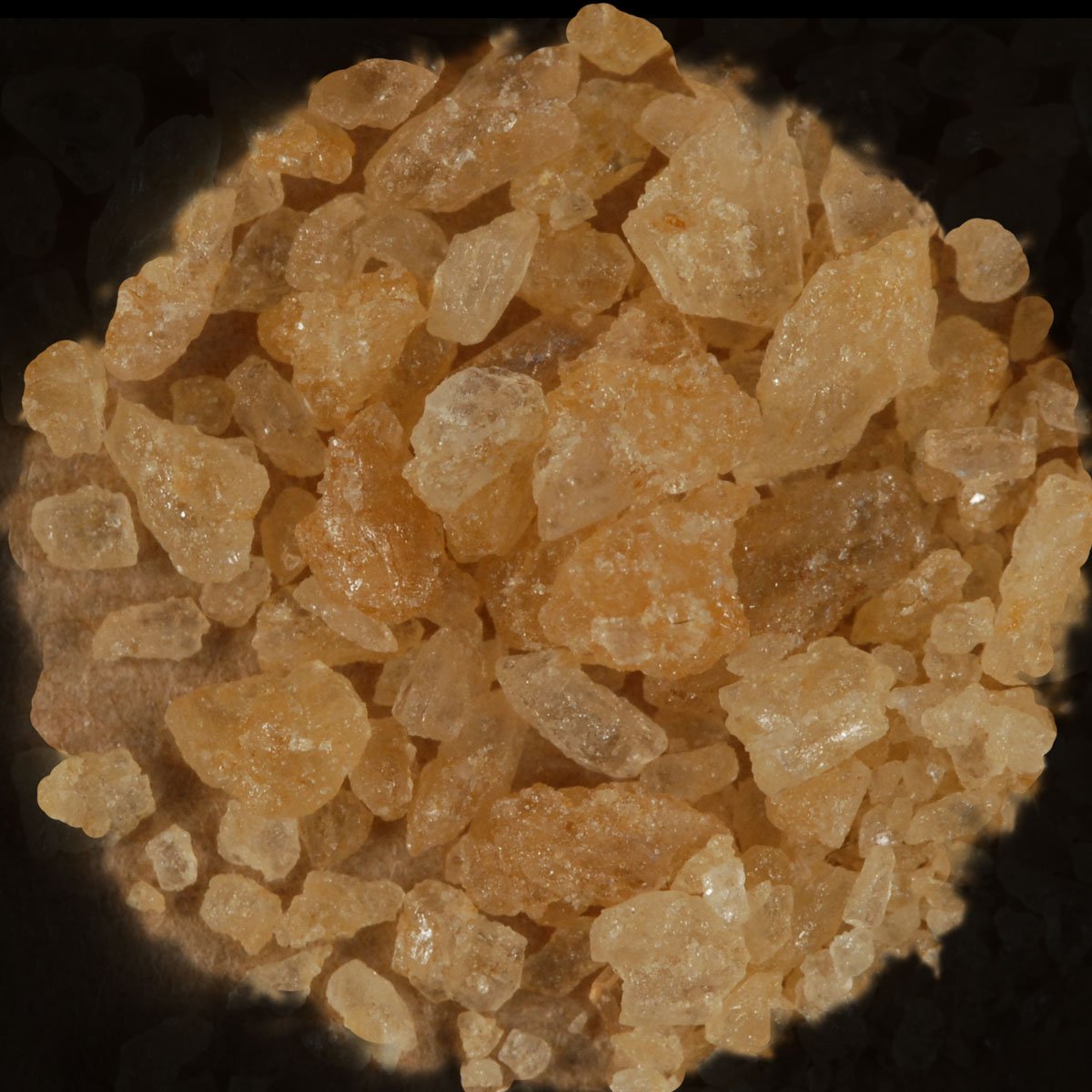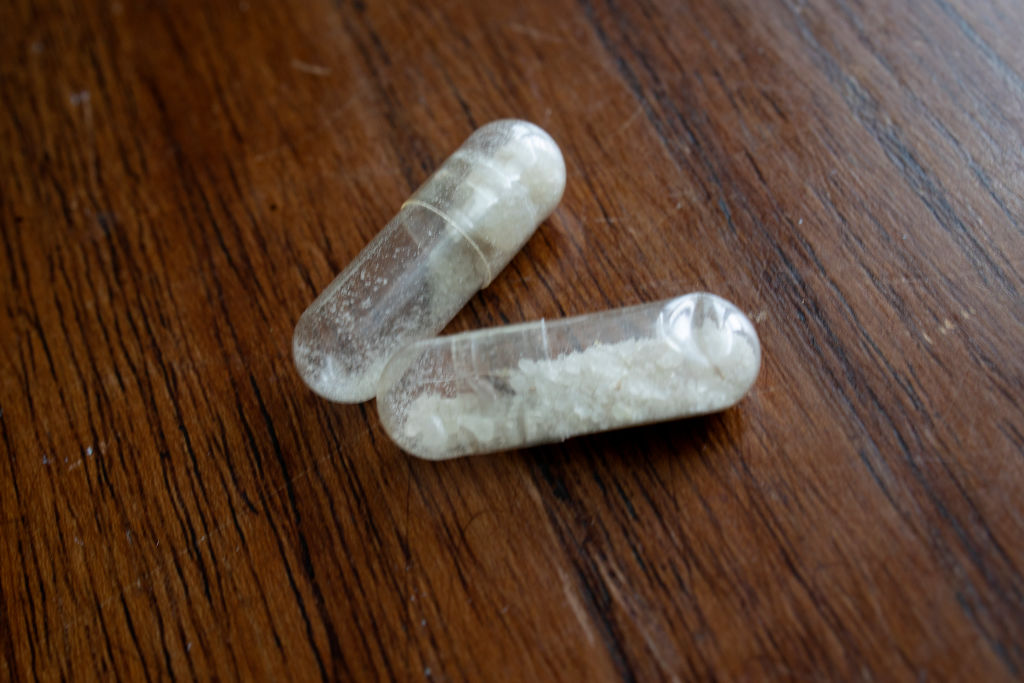MDMA
-- { Ecstasy, Molly, XTC, X, Mandy } --
MDMA, also known as ecstasy or molly, is a synthetic drug that alters mood and perception. It is commonly used for recreational purposes, producing feelings of euphoria, increased energy, and empathy towards others. Ecstasy is a tablet form often mixed with other drugs.
What is MDMA?
3,4-Methylenedioxymethamphetamine (MDMA), commonly known as ecstasy or molly, is a psychoactive drug primarily used for recreational purposes but also increasingly recognized for its potential therapeutic use. As a synthetic drug, MDMA has both stimulant and psychedelic properties, altering mood and perception. It enhances the release and slows the reuptake of serotonin, dopamine, and norepinephrine in the brain, leading to feelings of increased energy, empathy, and pleasure. MDMA is usually taken orally, often in tablet or capsule form, and its effects can last for several hours.



How it Works
MDMA exerts its effects by increasing the activity of three neurotransmitters: serotonin, dopamine, and norepinephrine. It does this by entering neurons via the transporter proteins that normally remove these neurotransmitters from the synaptic space. Once inside, MDMA inhibits the vesicular transporters, causing an increase in the concentration of neurotransmitters in the cytosol. It also reverses the direction of the plasma membrane transporters, leading to an efflux of neurotransmitters into the synapse. The flood of serotonin, in particular, is believed to be responsible for the mood-lifting effects of MDMA, while the release of large amounts of dopamine and norepinephrine contributes to its stimulating properties.
History
MDMA was first synthesized in 1912 by the German pharmaceutical company Merck, but it wasn't extensively studied until the mid-20th century. During the 1970s and 1980s, psychotherapists began using the drug as an aid in therapy, often referring to it as "empathy". However, due to increasing recreational use and potential health concerns, the U.S. Drug Enforcement Administration (DEA) classified MDMA as a Schedule I substance in 1985, making it illegal. Despite its legal status, the use of MDMA continued to rise as a recreational drug, especially within the rave and club scenes. More recently, MDMA has been studied for its potential use in the treatment of post-traumatic stress disorder (PTSD) and other conditions.